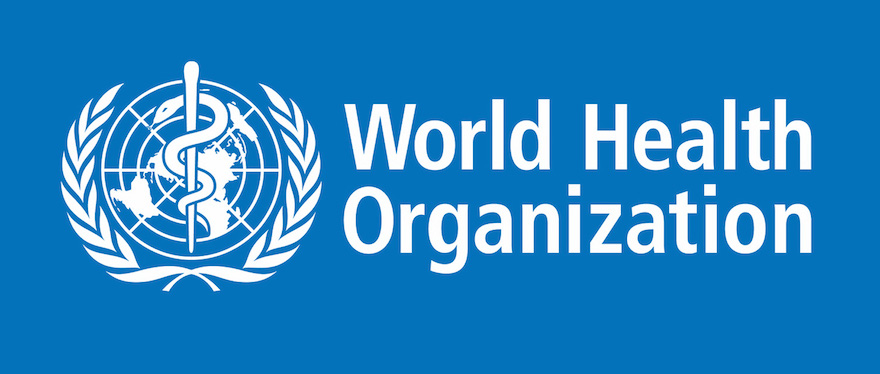By Arif Azad*
The international health landscape is transforming at a dizzying speed, leading to the recalibration of power among different actors. Nowhere is this more apparent than in the changing role of the World Health Organisation.
In 1948, WHO was formed to coordinate and direct international health work. The goal was to achieve the highest possible level of health. The formalisation of WHO’s role rose out of long-standing efforts to coordinate international health which began with the convening of regular international sanitary conferences in the mid-19th century. This practice was to lead to the first known international treaty on cholera which expanded to cover plague and yellow fever.
Alongside these developments, the notion of tropical health and international health was also firming up. However, with the formation of WHO by the member states of the UN, work on international health became much more streamlined. The newly formed body, enjoying the mandate of countries worldwide, was charged with the task of directing and coordinating international health work. The worldwide consensus lent WHO the legitimacy that previous initiatives had lacked.
Since its inception, WHO has gone through many phases. In its early decades, it concerned itself largely with the eradication of infectious diseases such as malaria and smallpox. While it did not make expected progress with malaria, the eradication of smallpox was an unqualified success. In the ’70s and ’80s, WHO focused on expanding primary healthcare as enshrined in the Declaration of Alma-Ata. This was a commendable initiative that accorded salience to primary healthcare provision, a radical departure from a culture of top-down programmes.
States reluctant to increase their annual contributions.
The impetus to expand the health cover came from Halfdan Mahler. Inspired by the Nordic model of healthcare provision, Mahler was the live wire behind the Alma-Ata declaration which aimed to provide health for all by the year 2000. This period was WHO’s finest hour when greater public health goals were promoted against the overwhelming lobbying power of the corporate sector. The guidelines on the marketing of formula milk for infants are directly traceable to this period. Such an initiative would be unthinkable in today’s world.
In recent decades, WHO’s historic coordinating and directing role is transforming in ways not imagined at its foundation. With the entry of the World Bank into the health area through lending, WHO’s pre-eminence is apparently on the wane. In terms of both research output and investment, the bank has come to assume an important position in the international health landscape.
This has coincided with the rise of independent consortium partners such as GAVI, the global vaccine alliance, and the Global Fund, as increasingly influential actors. In more recent years the Bill & Melinda Gates Foundation has emerged as another important actor in international health.
As well as being pressed by other actors, WHO is facing a significant financial crunch. Over the years, it has remained underfunded, with stagnant and capped contributions from member states forming an ever-smaller portion of its growing budget. The financial contribution of member states to WHO has fallen from its peak of 80pc in the 1970s to between 20-30pc in recent years. The shortfall has been met with voluntary contributions from the Gates Foundation, the World Bank, and other agencies.
WHO’s growing reliance on outside contributors has implications for its independence. For this, a huge part of the blame rests on member states that have consistently refused to raise their levels of annual contribution. The funding crisis was one of the reasons WHO was found wanting in the management of the Ebola crisis.
These new challenges are being mulled over within the top reaches of WHO. From 1990, a reform process has been actively under way within the organisation. Under the stewardship of Dr Gro Harlem Brundtland between 1998 and 2003, WHO was successful in putting health on the development agenda. This was manifest in the incorporation of health into the Millennium Development Goals. The Framework Convention on Tobacco Control was also a singular achievement during her tenure. More importantly, Brundtland focused on transforming WHO into conceptually one organisation.
The process of reform is ongoing. The reform agenda is ambitious and gradually being cohered into an action plan. Yet the question of funding remains key to the whole reform process. Efforts to cajole member states into coughing up more cash have got nowhere so far.
With such a scenario unfolding, WHO is verging towards decline in its international standing. The political will to shore up the worldwide consensus that founded the organisation has to be reactivated. Unless member states recommit themselves wholeheartedly to upholding WHO in its current financial crisis, the danger of the organisation sliding from its foundational aspiration will become clearer by the day.
*The writer is a development consultant and policy analyst. This article was first published in the DAWN on 7 February 2016.

